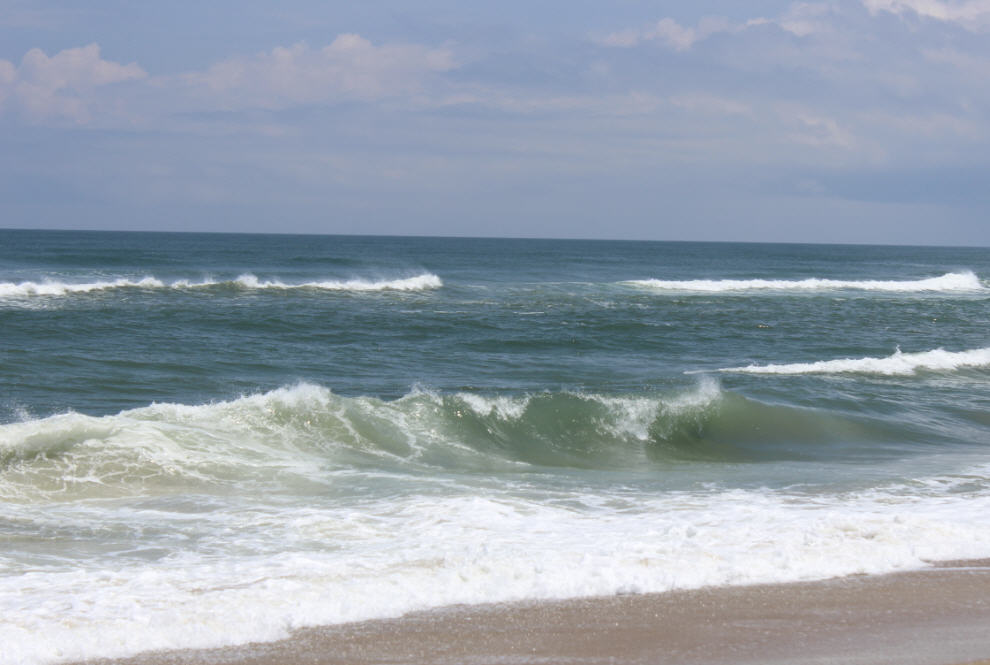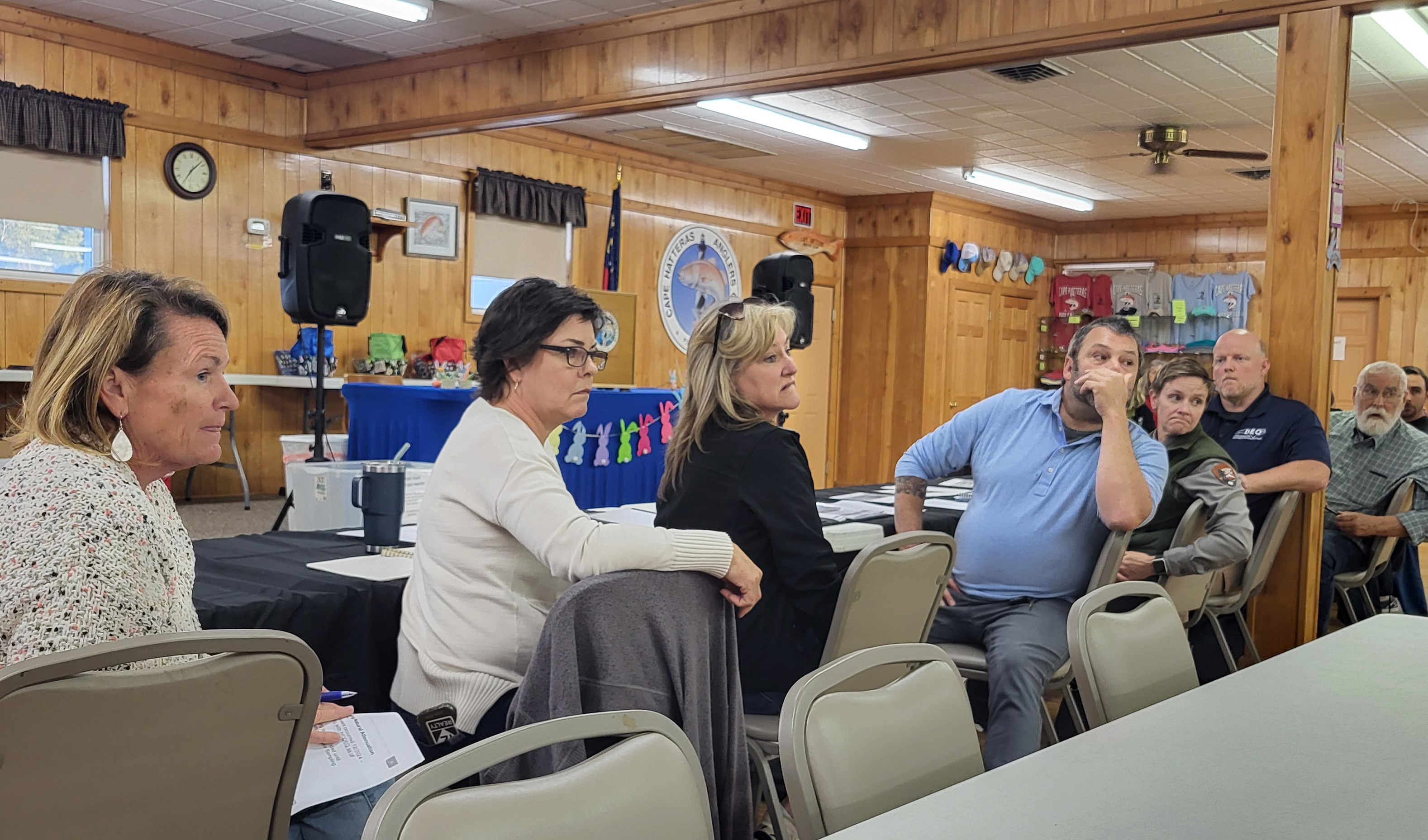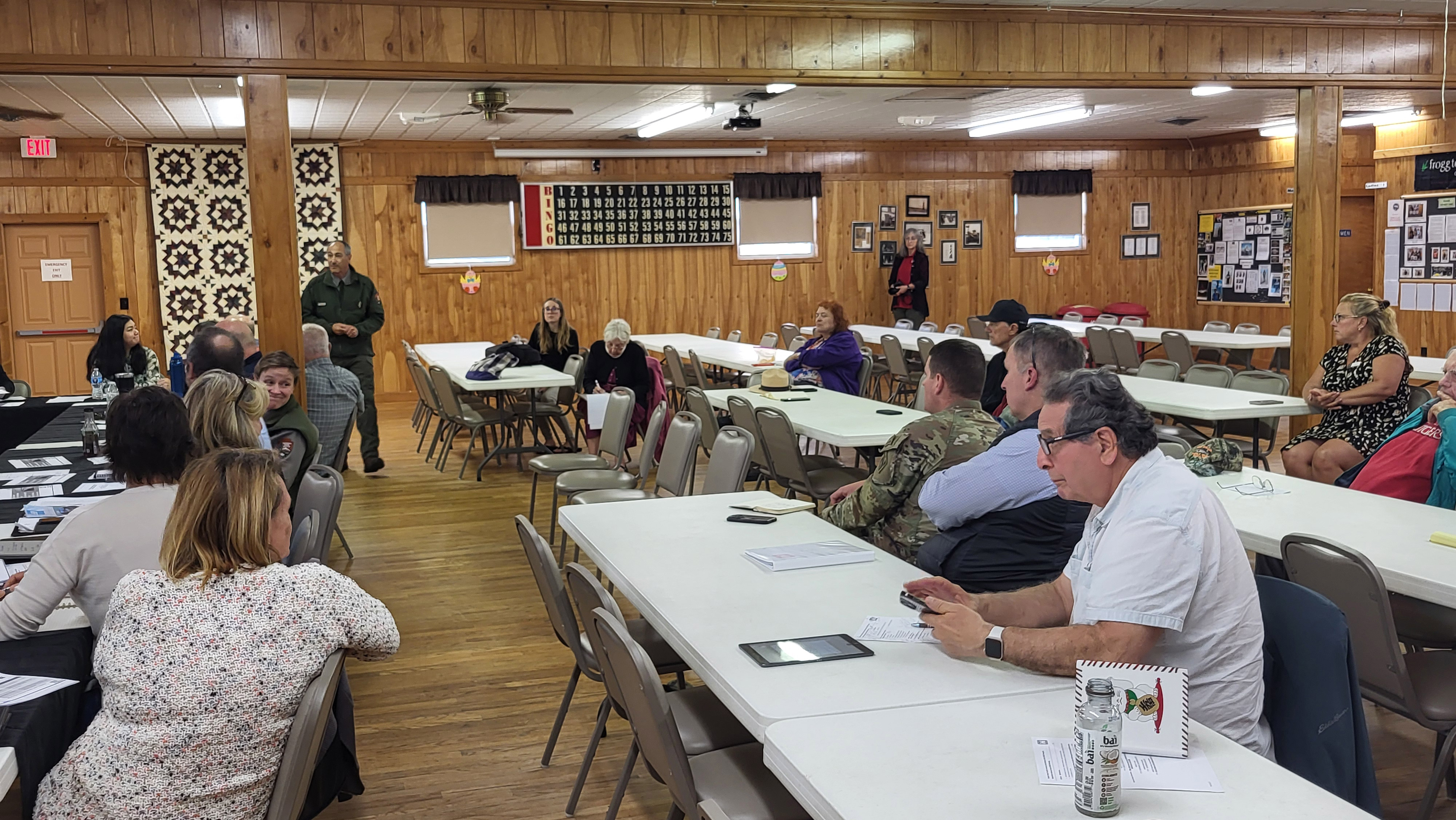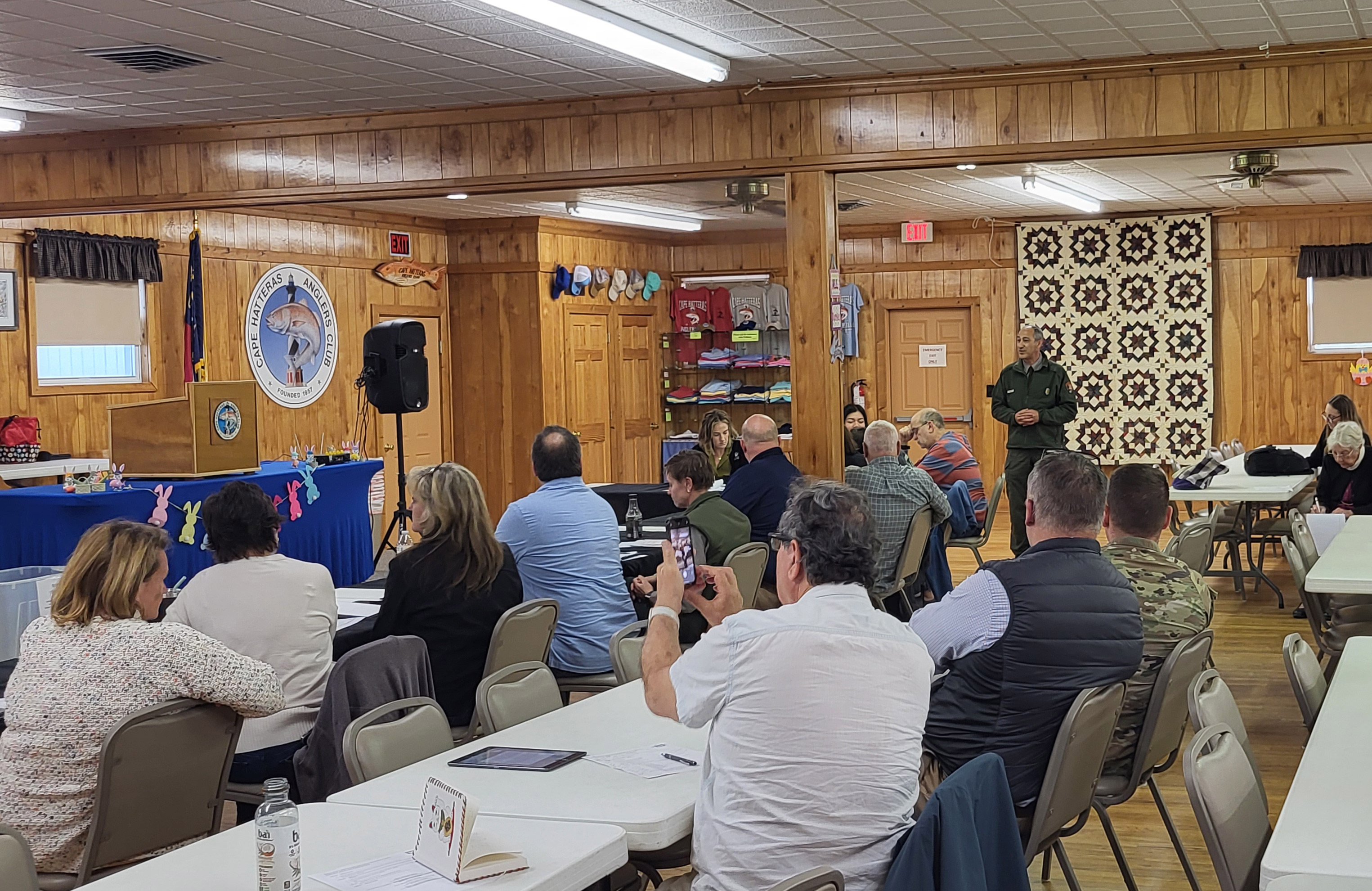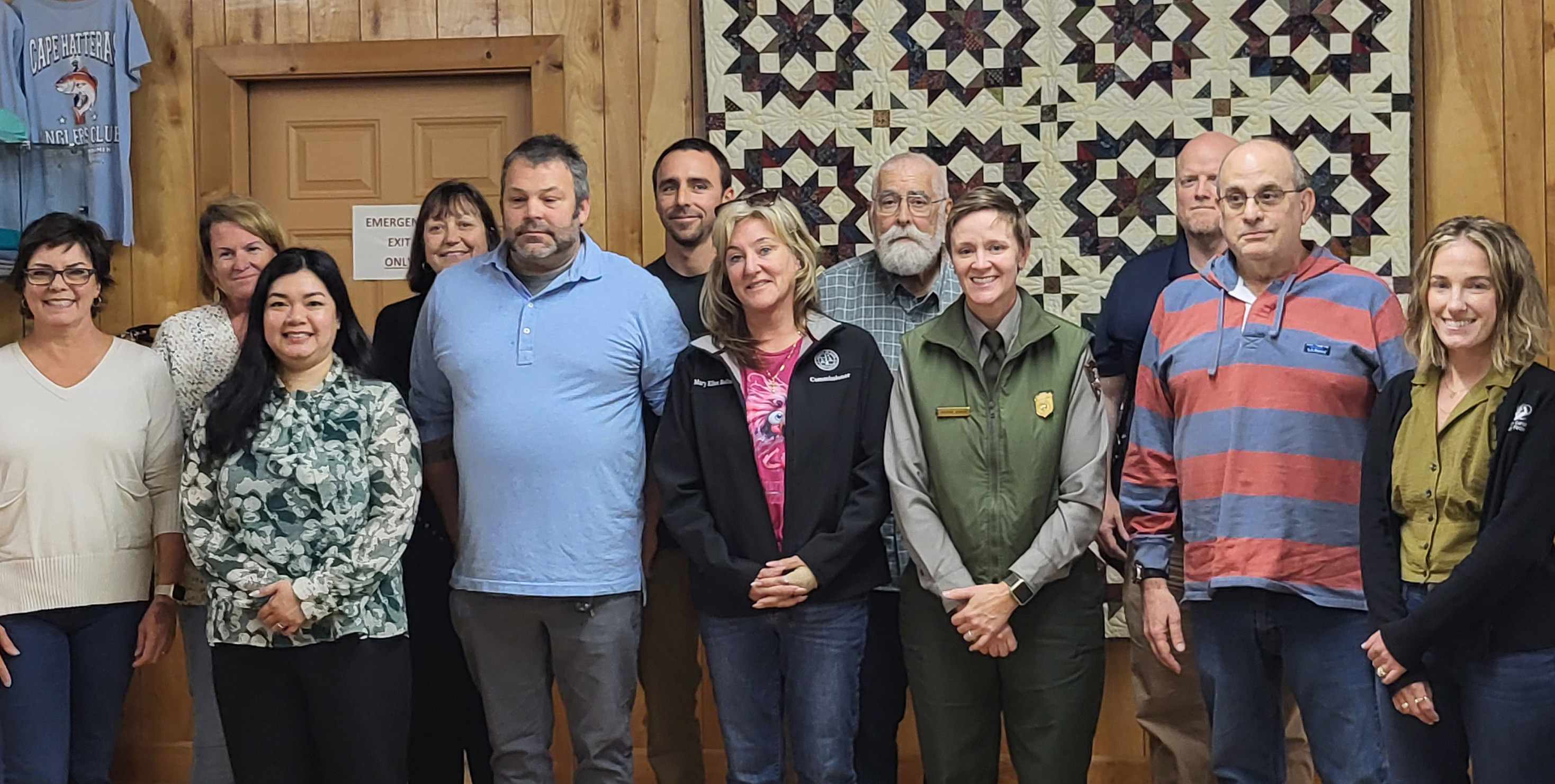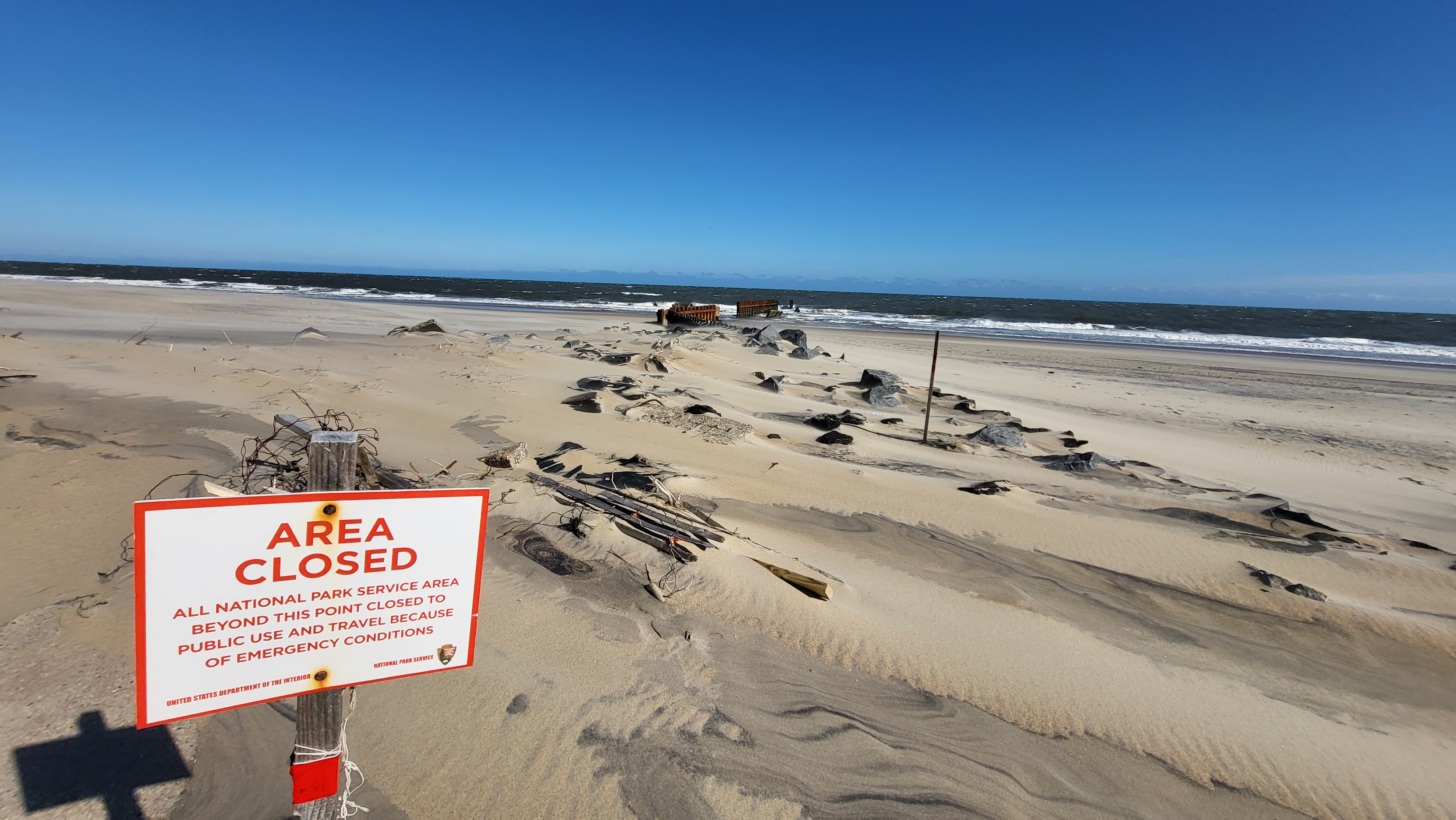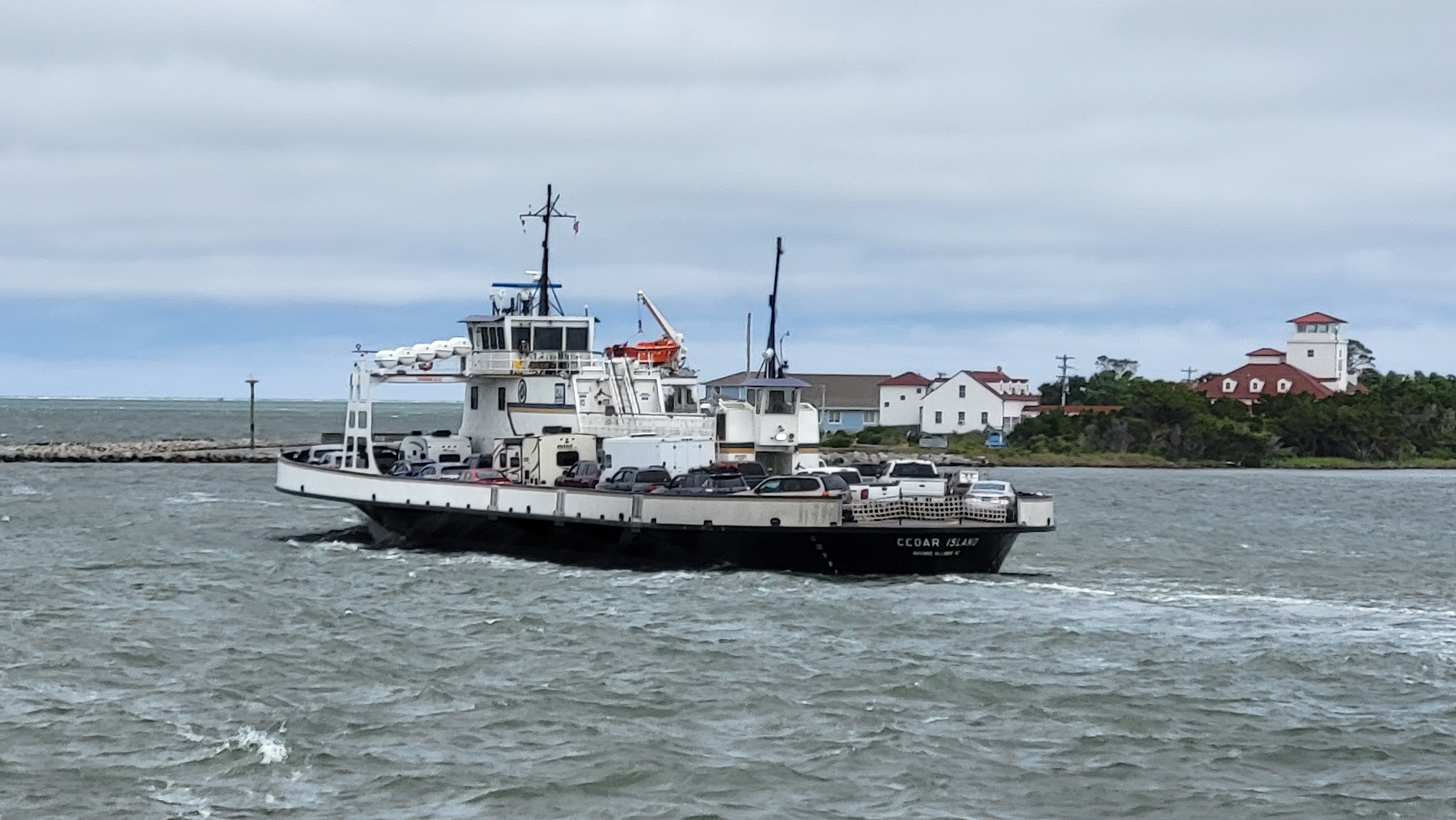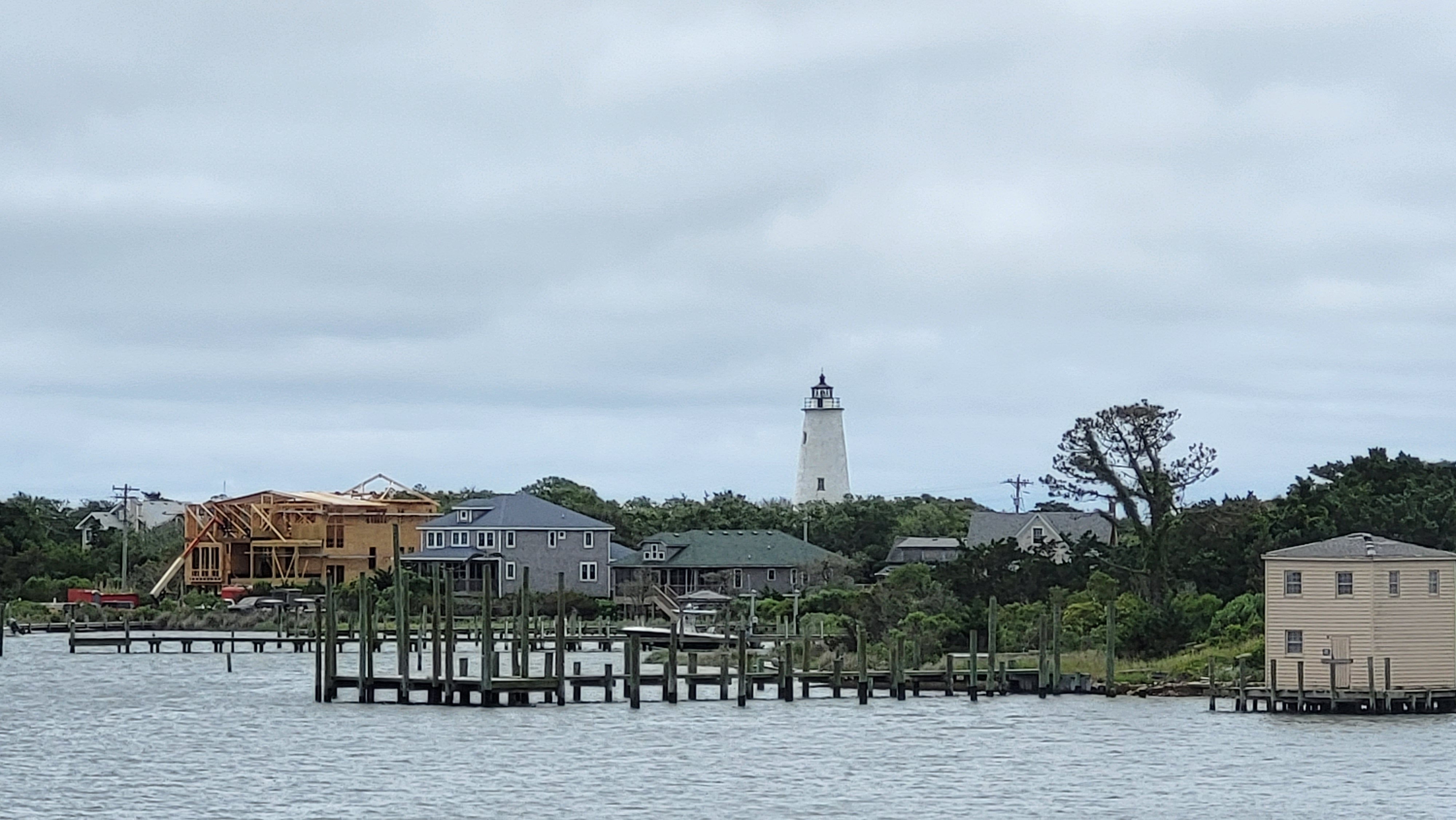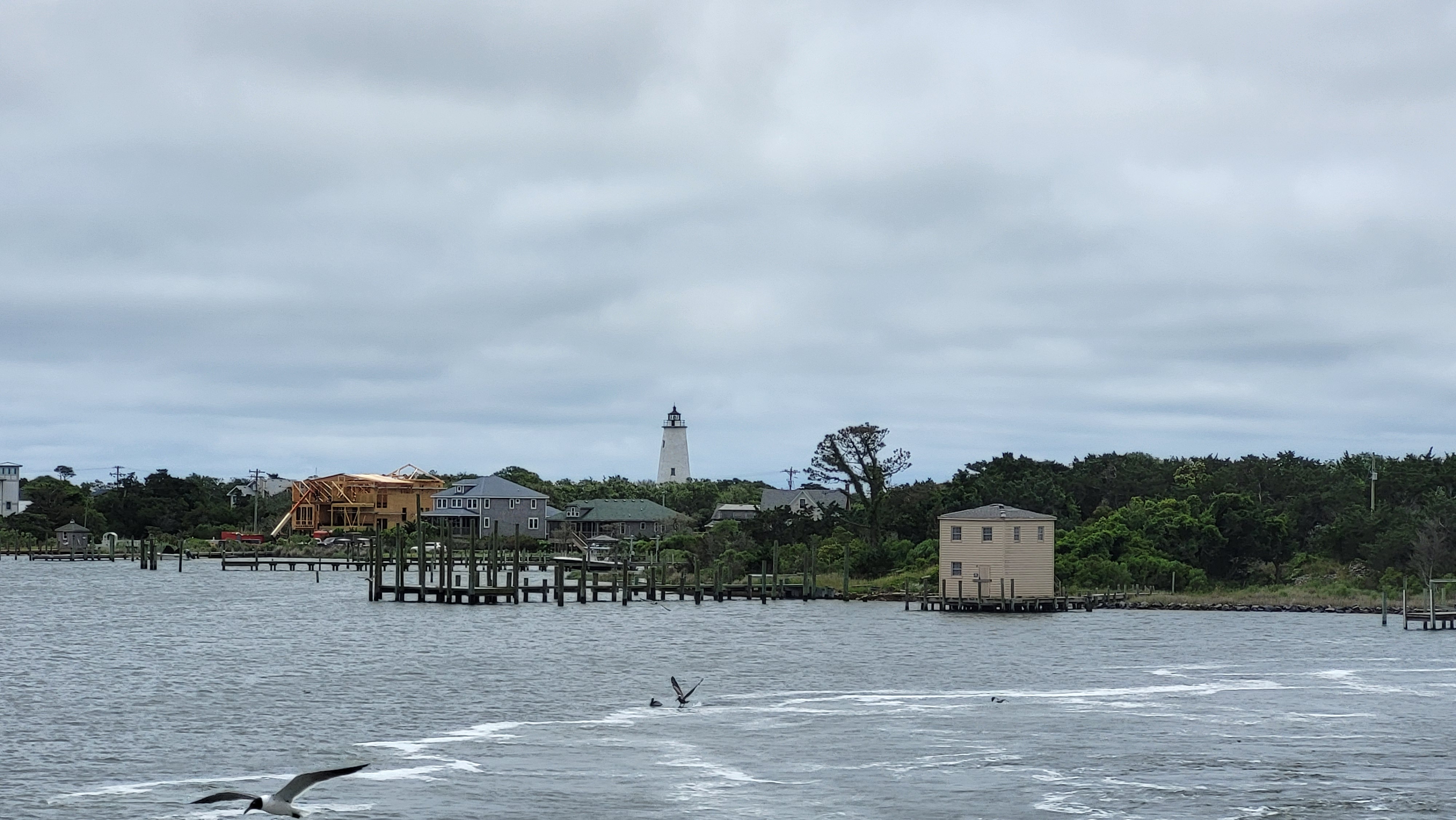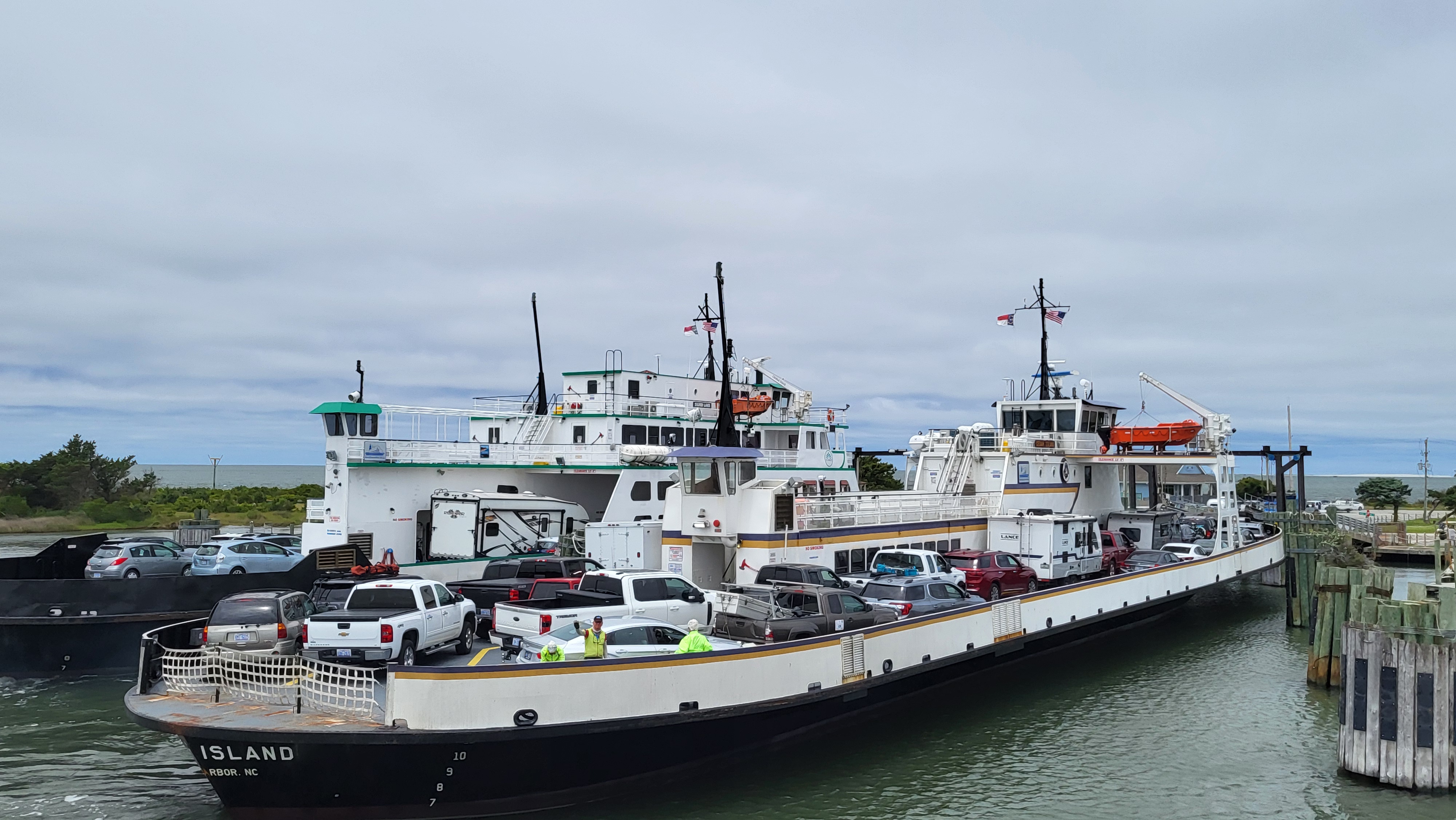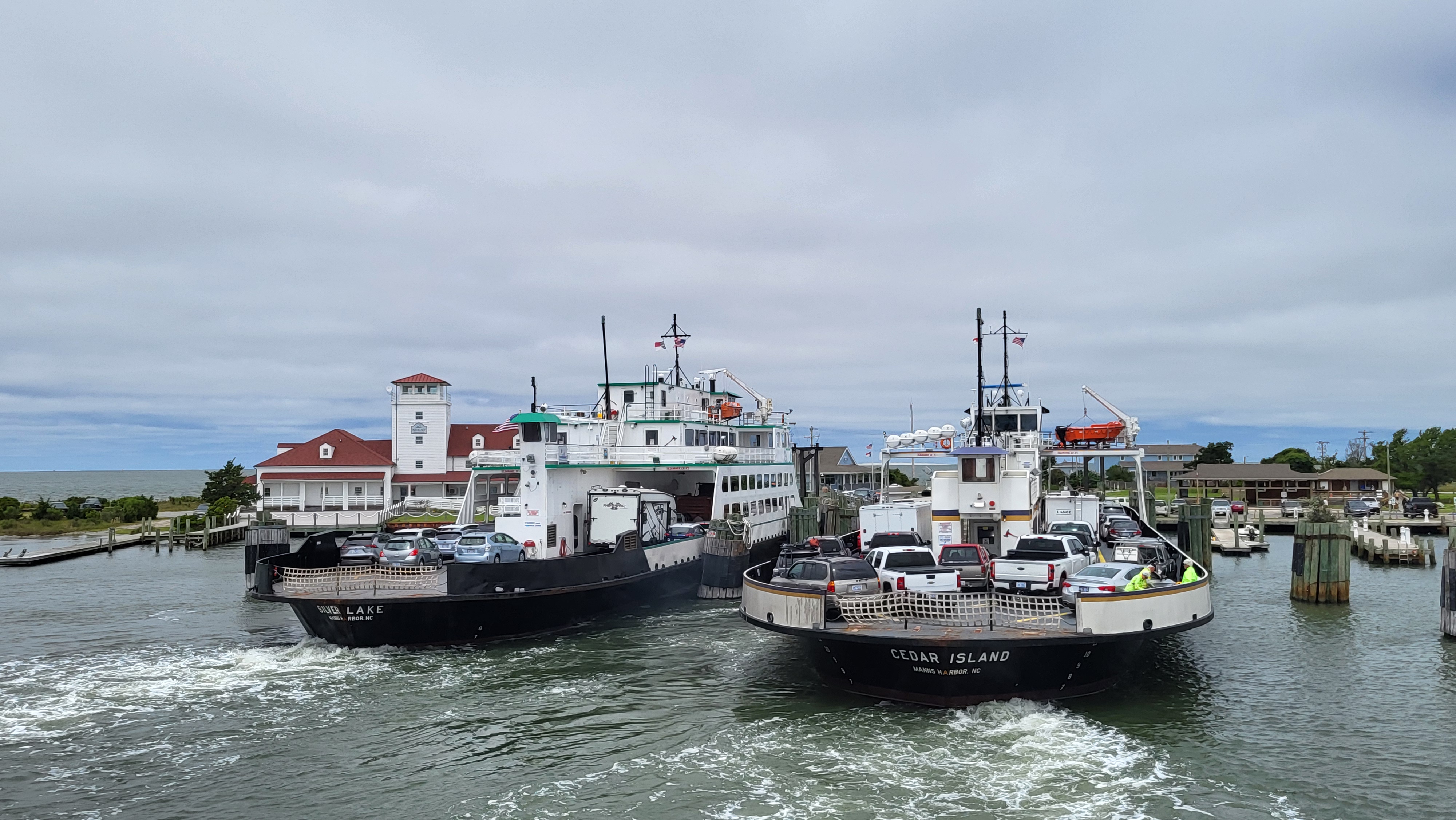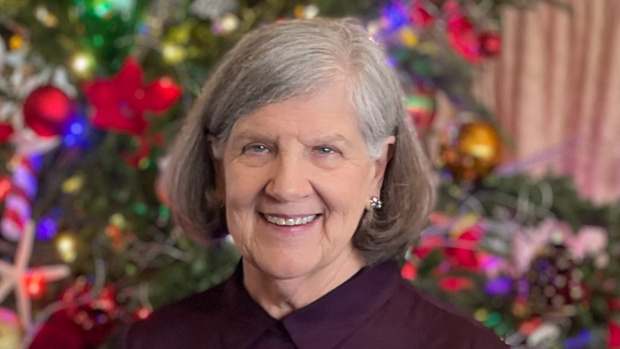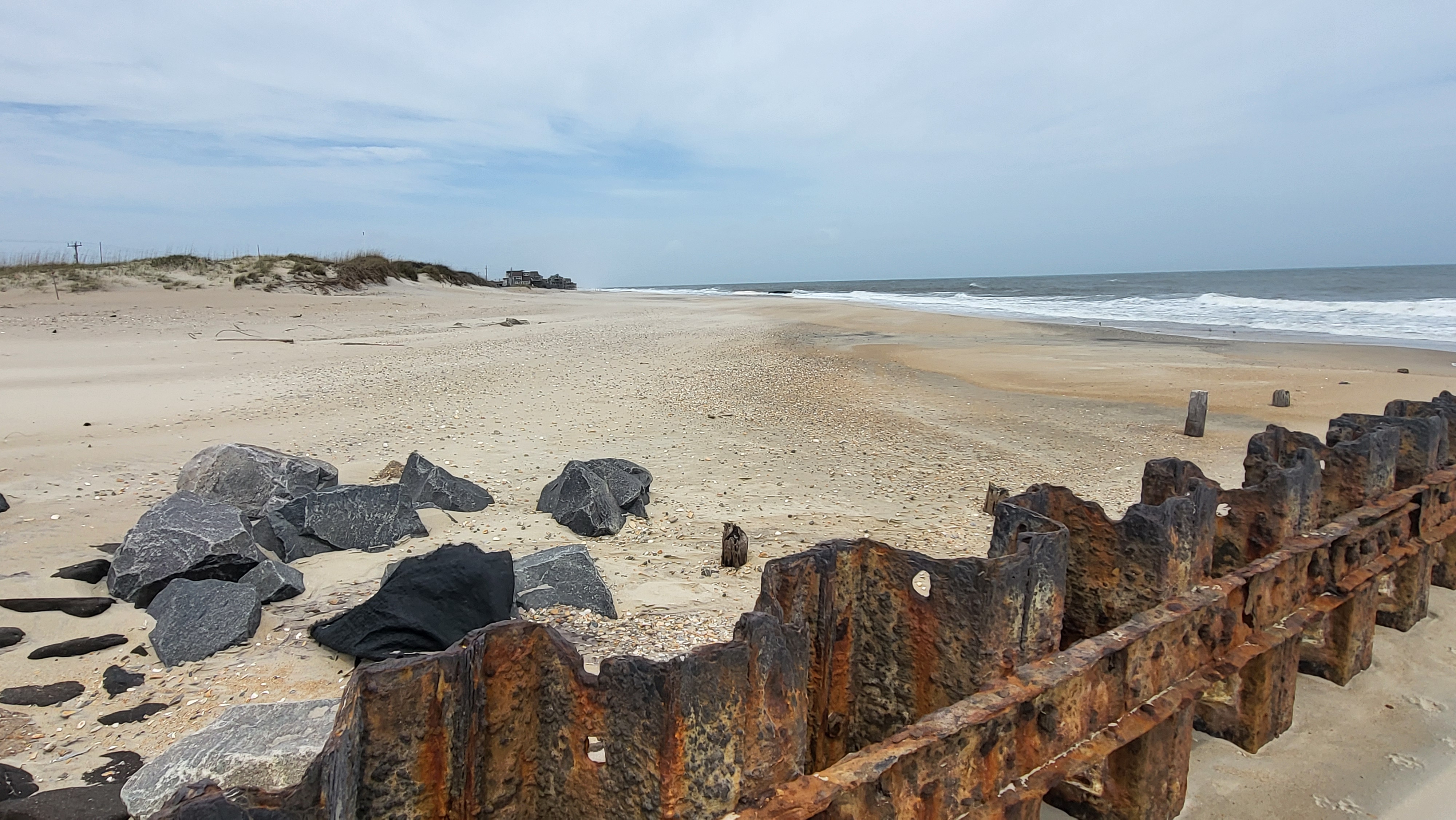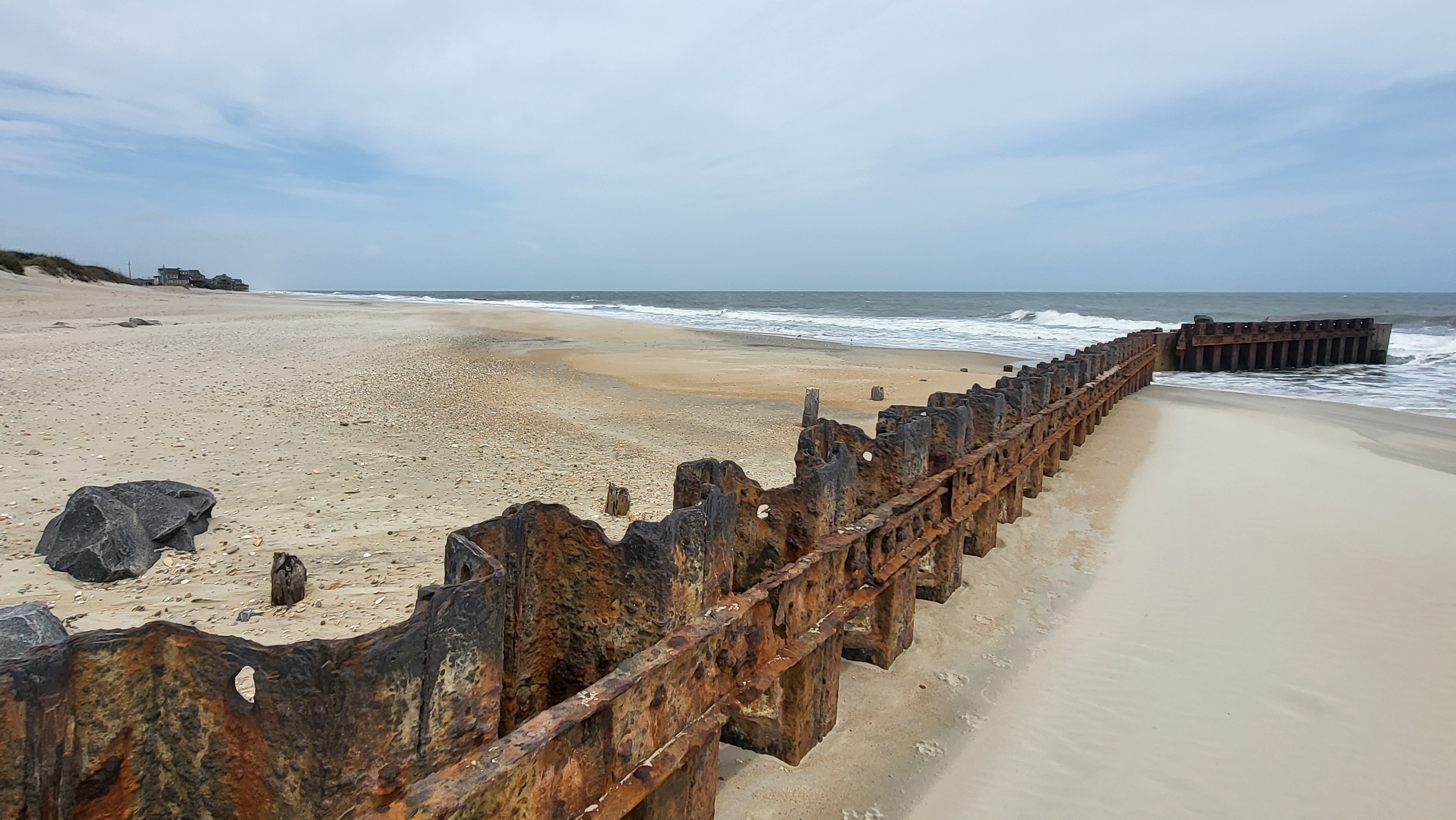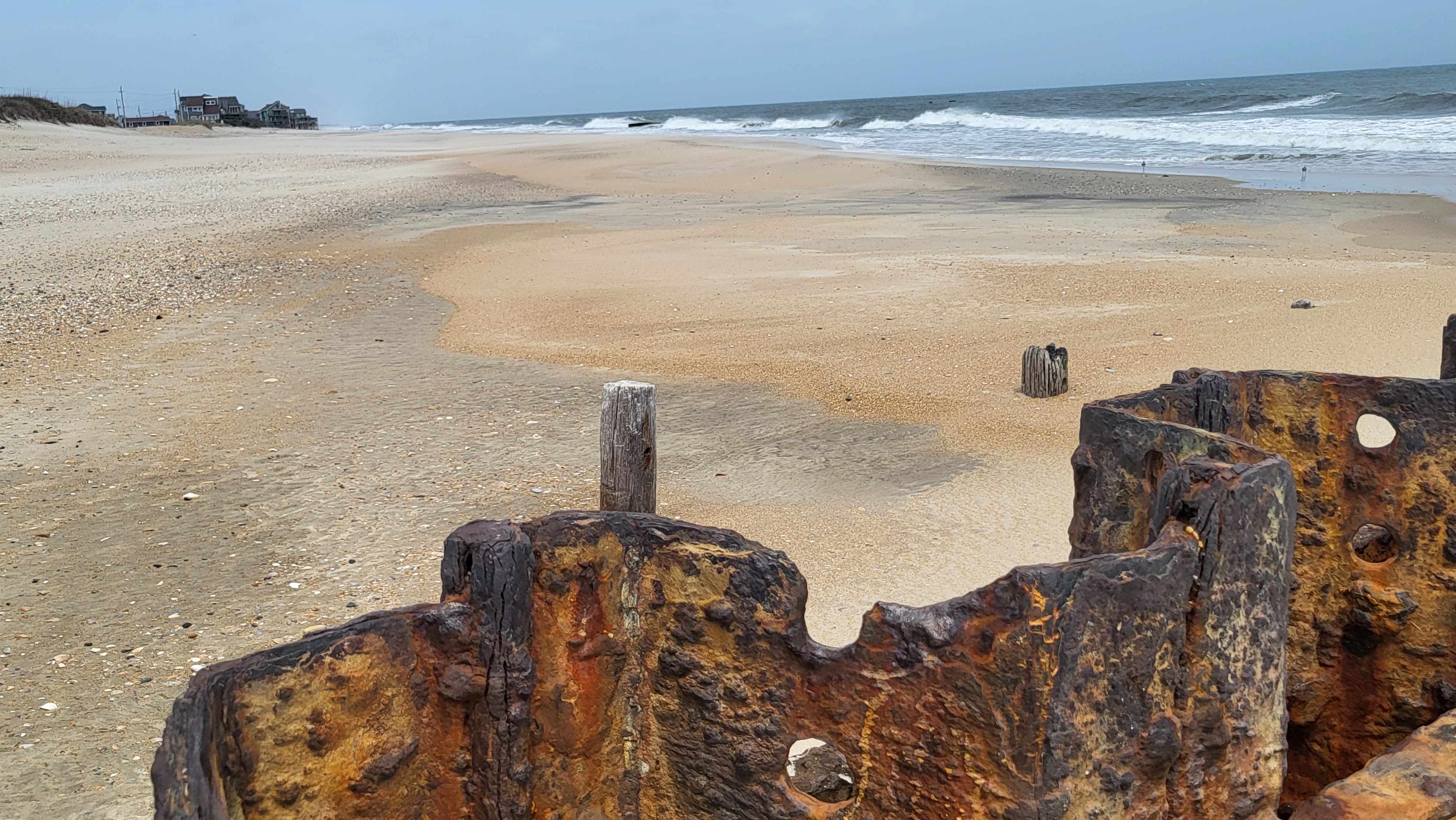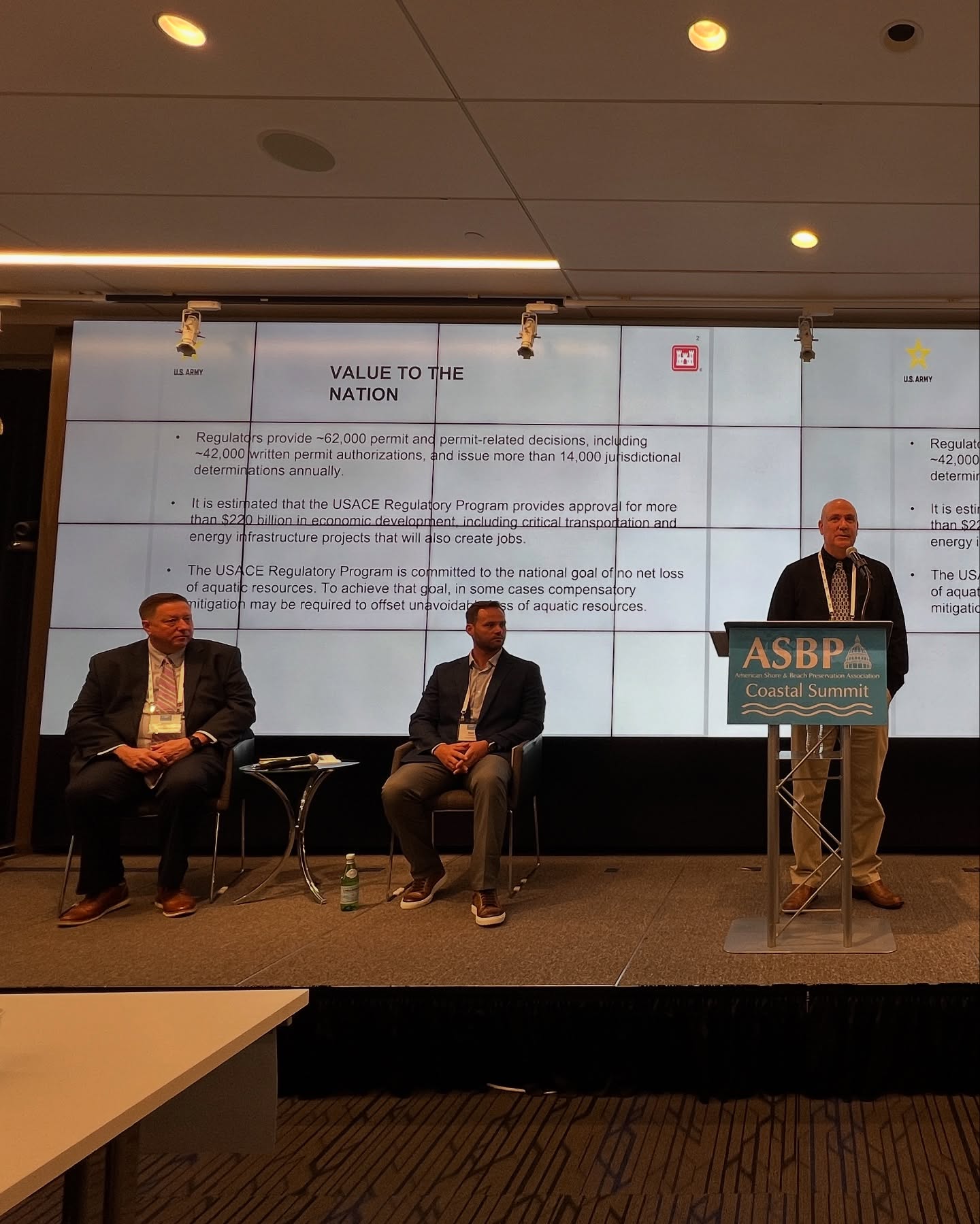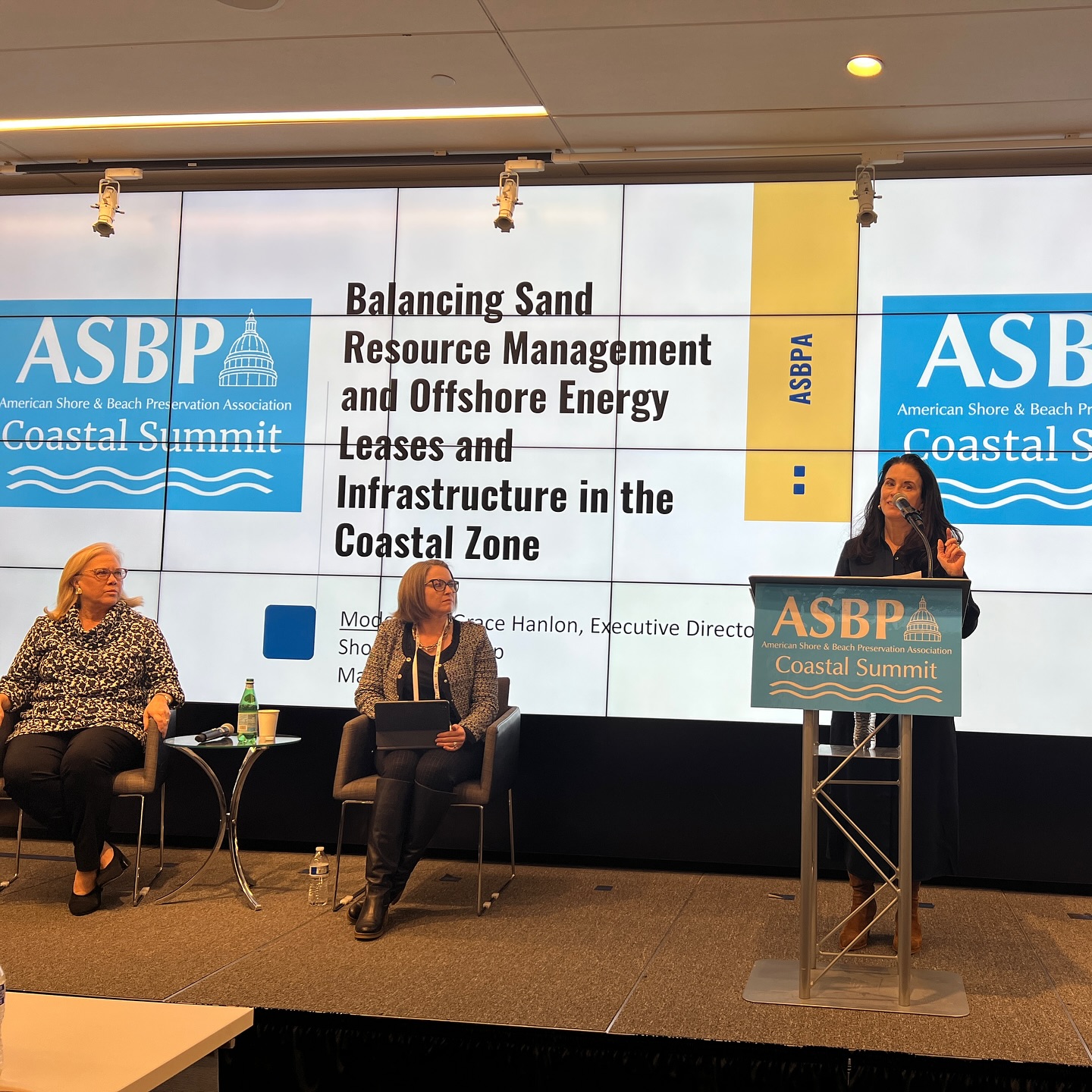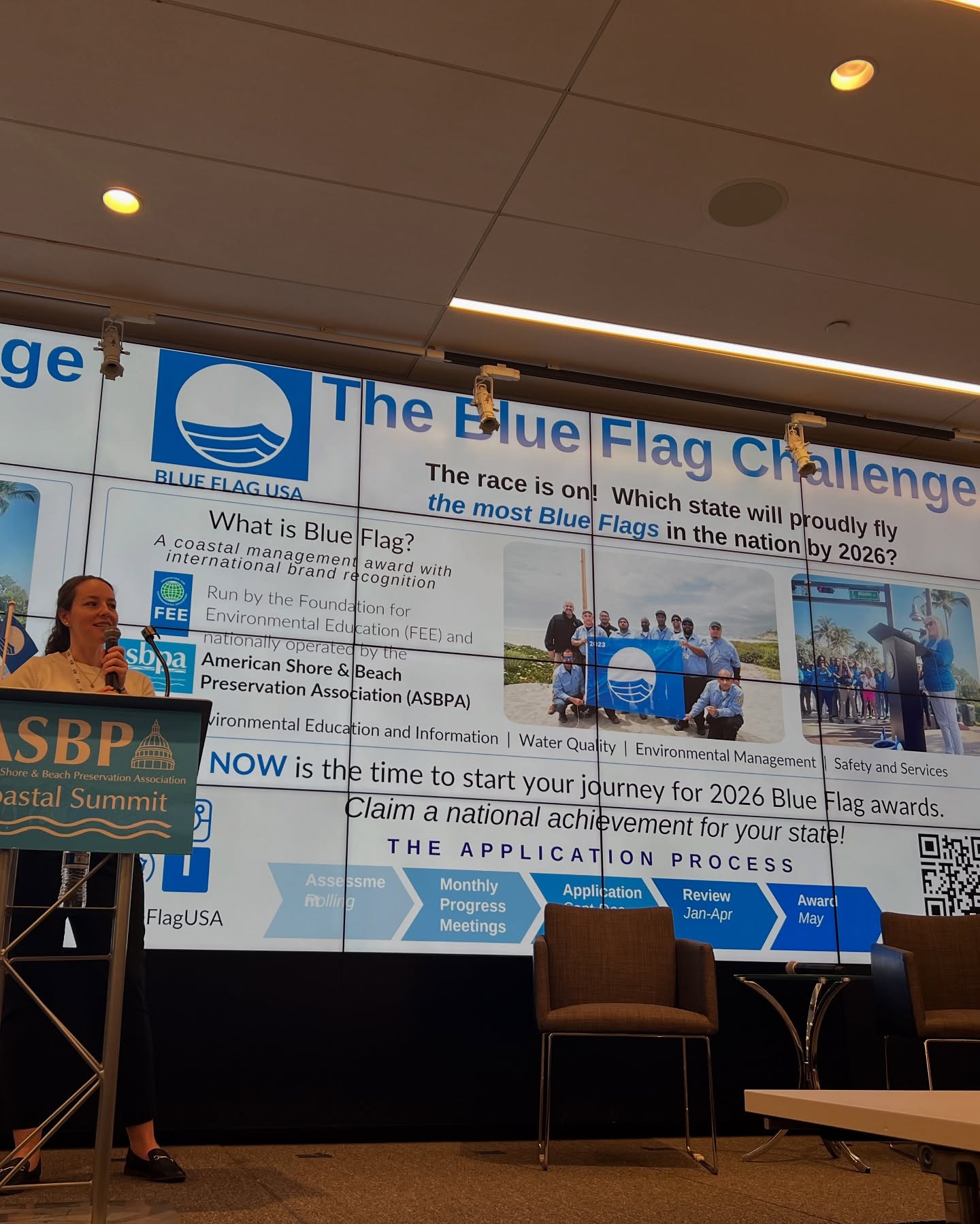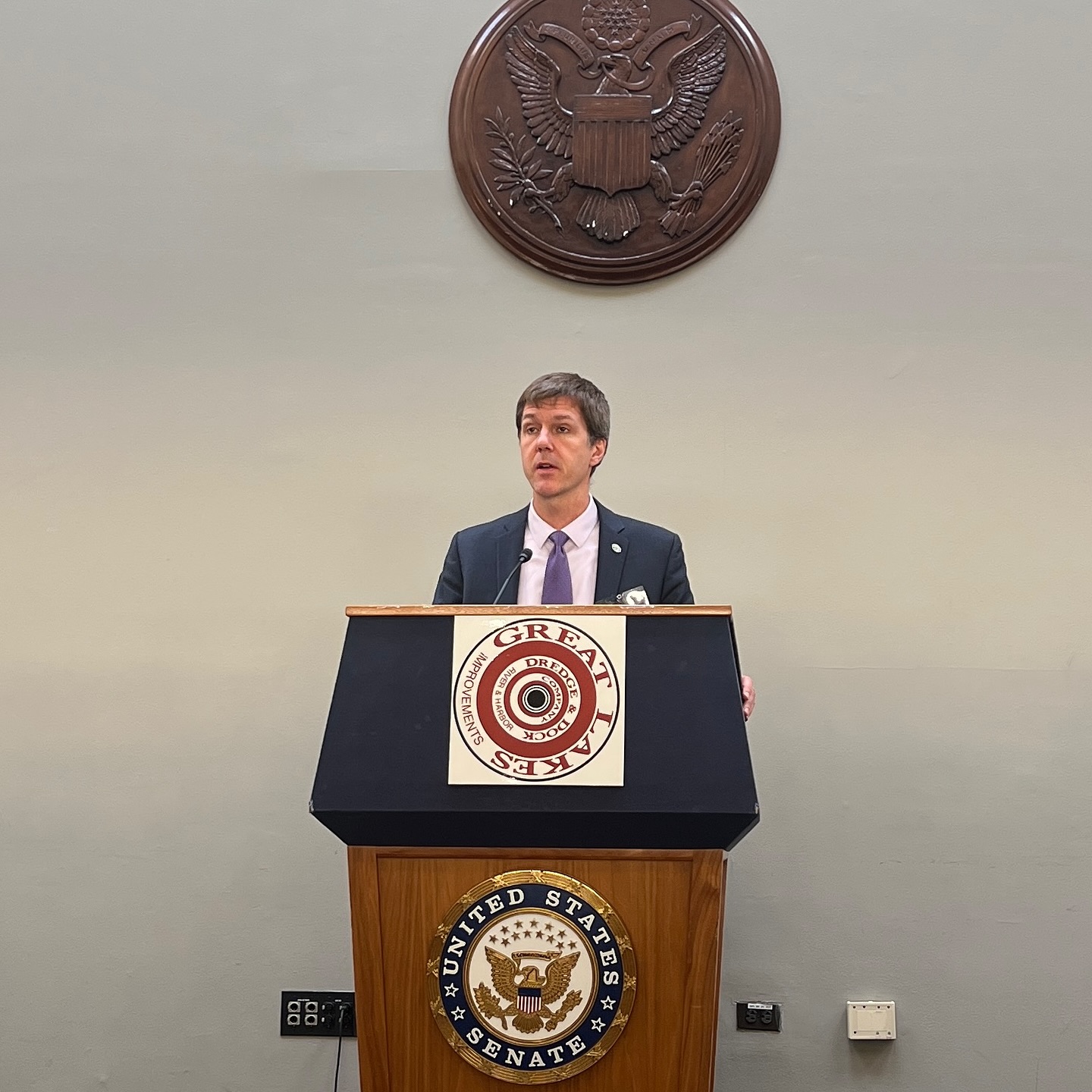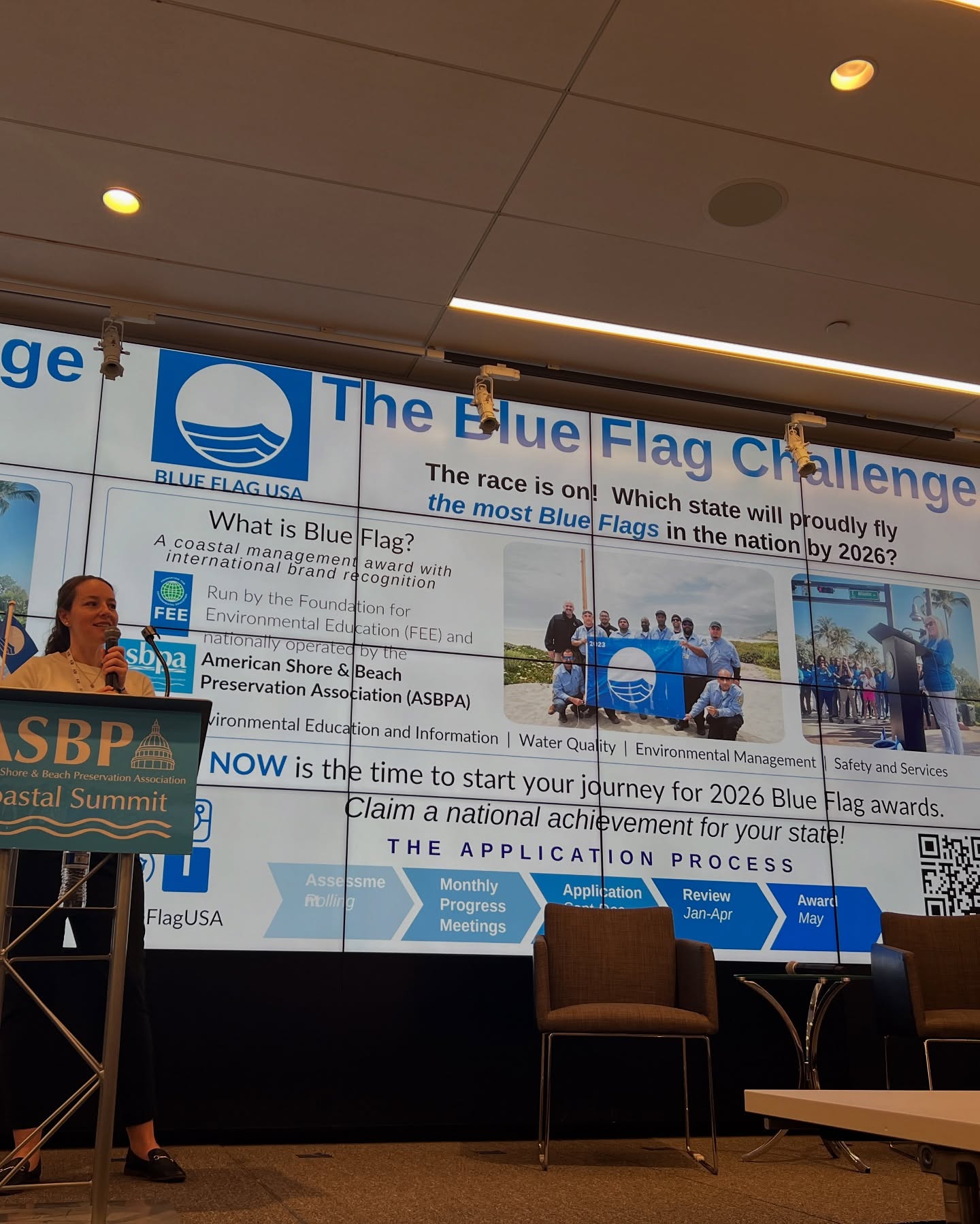State Senate and House are slugging it out on ferry tolls
Opposing forces are at work in the North Carolina General Assembly as the Senate tries to increase ferry tolls and add them to the ferries that are currently free and the House of Representatives works to remove tolls on all ferries or at least not raise them and keep the current free ferries.
The House boosted the effort to quell rising ferry tolls when it added the provisions of House Bill 475 to its version of the state budget late last week, said Democratic Rep. Paul Tine, of Kitty Hawk.
“We are working every available option,” Tine said Friday.
Now, the House is fighting more and increased ferries tolls on two fronts – through its budget and House Bill 475, which passed the House Transportation Committee and now is headed for the House Finance Committee’s review, which might occur this week. In addition to an amendment added to the bill on Friday, it proposes removing tolls from all ferries and raising more revenue through advertising and market opportunities.
“We want to give our side as much ammunition as possible,” Tine said.
Adding this measure to the budget helps more members of the House become familiar with the issue, he said.
However, HB 475 was changed in committee from its original form.
The bill originally would have removed tolls on all ferries and allowed new revenue streams to be explored, Tine noted in a Sunday e-mail. “Rep. (Frank) Iler, one of the primary sponsors of the bill, ran an amendment that changed the bill to no new tolls and no increases on currently tolled routes,” the e-mail said.
“We need to (at least) keep the ferry tolls where they are or nothing,” Tine said on Friday.
The Senate’s budget includes a provision to toll all the ferries in the state, and the Senate has introduced a bill, Senate Bill 660, which also calls for tolling all the ferries.
The House must submit its version of the budget by June 13.
Henri McClees of McClees Consulting, which is the lobby group hired by Hyde, Beaufort, and Pamlico counties to fight raising ferry tolls, explained that after the House and Senate refuse to accept each other’s budget, they will create a joint conference committee and argue about the things they disagree on, such as ferry tolls.
Then, they will come to a negotiated settlement before the end of the fiscal year on June 30.
Higher and more ferry tolls are favored in the Senate while the House is more sympathetic to coastal residents, she said.
If HB 475 passes the Finance Committee, it will go to the full House for a vote.
“We want the committee to put it on their calendar and be heard,” she said. “This committee has 70 pending bills. So it is important for coastal residents and friends to make their voices heard.”
The specter of new tolls being enacted and current ones being raised on July 1 is not a concern at the moment, McClees said, thanks to the more than 100 people who submitted letters of opposition to it.
Because of these letters, the proposed rules (to implement the tolls) must be reviewed by the legislature before implementation, she said. Those rules will be reviewed in the next legislative session, which begins in January.
McClees said that this process may have been confusing to residents, but it accomplished the goal of stopping the implementation of the ferry tolls on July 1, which had been decreed in January by the state Transportation Board.
“Chapter 150B is the Administrative Procedures Act,” McClees wrote in an e-mail last week. “This may be somewhat confusing, as Chapter 150B has nothing directly to do with ferry tolls, but has to do with the manner in which rules (required in order to collect tolls) are written, passed, and can be stopped temporarily. With (islanders’ help) we stopped the July 1 imposition of the rules regarding collection of tolls by submitting more than 10 letters before the deadline of May 16.”
In an interview, McClees noted that the Senate got wise to this trick and in its budget has exempted ferry tolls from the “Ten Letter Rule” in the future.
“Our trick worked once,” she said. “They saw what we did with the rules and changed (the ferry toll imposition) to Nov. 1.”
This effort is a temporary stop-gap.
“We didn’t want these higher tolls to go into effect while we’re still fighting them,” McClees said. “While there are many in the House sympathetic to coastal citizens, the majority in the Senate are not. They are very much of a mindset of user fees.”
Hardliners on this opinion are the co-chairs of the Senate Finance Committee—Republican Senators Kathy Harrington and Bill Rabon.
“They are not interested in a compromise,” McClees said about the two. “But that’s not so say that the Senate leadership won’t go along with us.”
Moreover, she added, if tolls are imposed on all the ferries, island residents cannot expect to be exempted. Because North Carolina receives federal transportation money, it cannot charge one group and not another.
Support for and the passing of House Bill 475 helps our side of the argument,” she continued.
However, this time the House and the Senate both have a Republican majority and enough votes to get what they want passed. They do not need any Democratic votes, as they did in 2011 when this fight began and former Rep. Tim Spear agreed to vote for the budget in exchange for exempting tolls on the Hatteras-Ocracoke and Knotts Island ferries.
McClees noted that the make-up of this legislature is different from anything that has come before.
“This is the first legislature that is half urban and half rural,” she said. Before this one, the legislature was controlled by the more rural east and western parts of the state.
“The East and West voted together and outvoted the Piedmont (where Charlotte and Raleigh are located),” she said.
Charlotte and Raleigh are the fastest growing areas and are getting more attention. The governor, speaker of the House, and Senate president pro tempore are all from the Piedmont.
Nevertheless, in the grand scheme of a multi-billion dollar budget, the small amount of $5 million the legislature wants to wrest from higher ferry tolls is “small potatoes,” McClees said.
“Really and truly, it’s just a little bit of money in the whole transportation budget,” she said, “and it puts the hurt on little people who can’t afford it.”




